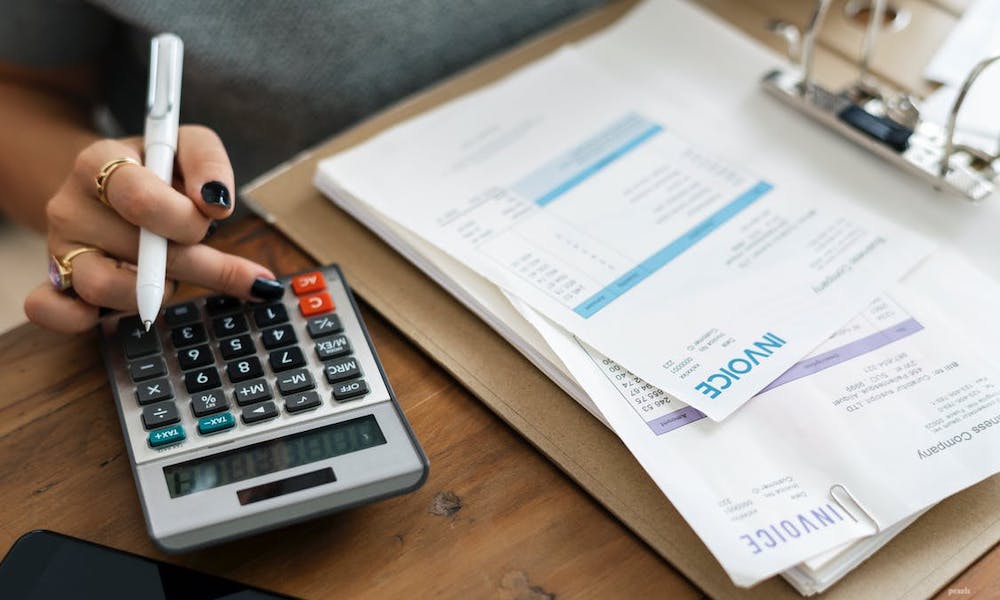Accounting & Finance
The Art of Debt Collecting
This is a brief article for people who are working for themselves who have clients that are unable or unwilling to pay for your work.

This is a brief article for people who are working for themselves who have clients that are unable or unwilling to pay for your work. To position yourself to be more likely to get paid and less likely to have to collect on bad debts we have set out a few points below.
Prevention
Before you do work for a client, it is a good idea to have a contract drawn up and also check the client out before you start work for them. The contract should set out your terms and conditions and also the method of payment. Therefore, the contract should:
- Clearly set out payment terms
- Set out non-payment penalty rates
- Set out your invoicing schedule and methods of payment that are acceptable
- Set out the due dates for payment
Before you start work for the new client, explain the important sections of your contract. Answer any questions or concerns that the client has and so you will both start on the same page.
When you enter into an contract with a new client pay attention to any signals or red flags when it comes time to enter into an agreement, examples include, where they non-committal when you discussed payment? Did they willingly sign the contract? Remember to listen to your gut feelings.
With regards to checking the new client out in a more formal way you can ask for referrals and obtain credit checks. There are various organisations that provide this service.
Collect Debts Yourself
The first step to debt collecting is to try to obtain payment yourself. Some ways are:
- Do regular follow ups
- Send certified letters
- Make telephone calls
- Charge late fees as per your contract
- Resend invoice
When you make a telephone call to the client, the client will acknowledge that the debt is outstanding and you can make a mutual agreement to a payment plan. In most cases you will make some sort of agreement and find that most clients will want to pay. While your debt remains outstanding, it is a good idea to stop doing work for this client until the debt is paid in full.
Third-Party Debt Collection
If you cannot collect the debit yourself and the debt is large enough to warrant you obtaining the services of an third party, first consider the amount of time and energy this will take to collect and also the charges involved. The alternatives are:
- Hire a Lawyer – talk to your lawyer who might be able to send a letter to the client with the threat of legal action and more often than not this is enough that the client will make payment or agree to a payment plan.
- Hire a Collection Agency – if you hire a Collection Agency, keep in mind the costs that will be involved and do some research yourself as to the best agency for you.






